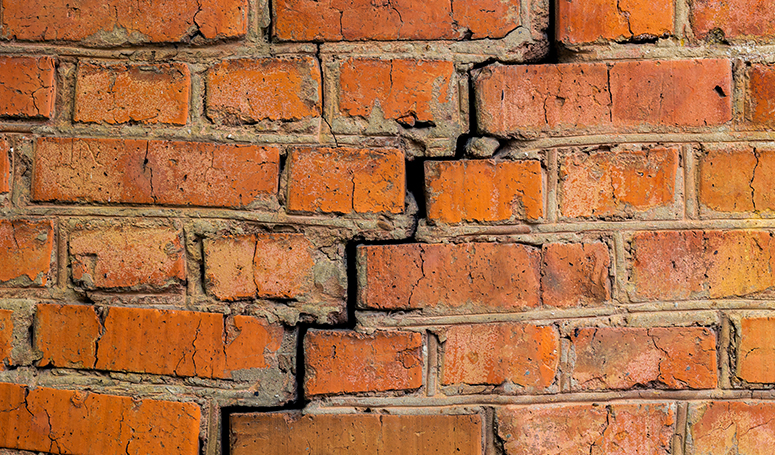25th July, 2022
Temperatures have truly soared this month, with highs of over 40 degrees – the highest ever recorded in the UK, causing wildfires and travel disruption. No doubt, the heat has taken its toll on all of us – but did you know that it also can impact our cars and homes by causing bodywork damage and subsidence?
Are cars okay in hot weather?
As summer temperatures rise, the heat can increase the risk for blown tyres, dead batteries, and faulty air conditioners. It can also dry out and deteriorate your tyres and we recommend checking your air pressure frequently.
The sun can also cause your vehicle’s paint to peel and fade over time – far from ideal if you own a van which you rely on for promoting your business or if your car is your pride and joy. The easiest way to protect your vehicle from sun damage is to park in the shade, protect leather seats with a conditioner, wipe your dashboard with a microfiber cloth and use a windshield sun protector. You may also find that leaving a little bit earlier (when it is cooler) on your commute to work will help reduce the chances of your engine overheating and therefore avoiding a breakdown. Fortunately, we’re not subject to extreme heat for long durations of time – so you should be okay, but it’s a worthy point to consider.
It’s worth preparing your vehicle ahead of long journeys during the hot weather by checking your tyres and cooling system with a mechanic – particularly if you own an older vehicle.
Finally, don’t forget to keep yourself and other passengers protected too. For example, you can prepare for hot journeys by ensuring you’ve packed plenty of water, food and even medication if necessary. You should always avoid leaving children and pets in passenger seats.
Does hot weather affect houses?
With the Met Office projecting hotter, drier summers in the future, heat waves increase the likelihood of subsidence. Subsidence the gradual caving in or sinking of an area of land. Heave – a sideways displacement of an area of land. Landslip – a small movement of soil and rocks down a slope. All of which can create downward movement in buildings– essentially, causing your home or buildings to sink or become unbalanced.
This is worse in clay soils and has the potential to move foundations, cracking walls and ceilings.
According to data analysis by Dye & Durham more than 5.76 million properties in Great Britain today are exposed to medium or high subsidence risk. With climate change, this is expected to increase to approximately 6.64 million in the 2030s.
Ground movement of any type can be a personal and financial nightmare for homeowners as the resulting damage can be very expensive to repair.
In most cases, subsidence damage becomes noticeable in the winter months.
Whilst shrinkage may be caused during the summer months, the cracks are likely to deepen and worsen in the winter - meaning you could be left with a hefty excess (and potentially seeking temporary accommodation) during a already expensive Christmas period.
The good news is, most home insurance policies offer some level of cover against damage caused by ground movement – but it’s important to check your worth checking if you’re covered.
Whether you’re an existing One Call Insurance customer or not, it’s important to make sure you have adequate buildings insurance protection, to avoid being left uninsured in the event your home suffers from subsidence in the future.
Please note that if a property has suffered from subsidence, heave, landslip, settlement or otherwise in the past, then it is a requirement to disclose the information when taking out home insurance.
* By clicking this link, you will be redirected to away from our website.
* Please note that the above information has been gathered through secondary research. The information provided is not based on our opinion. You should seek further guidance and information before making an informed decision.

